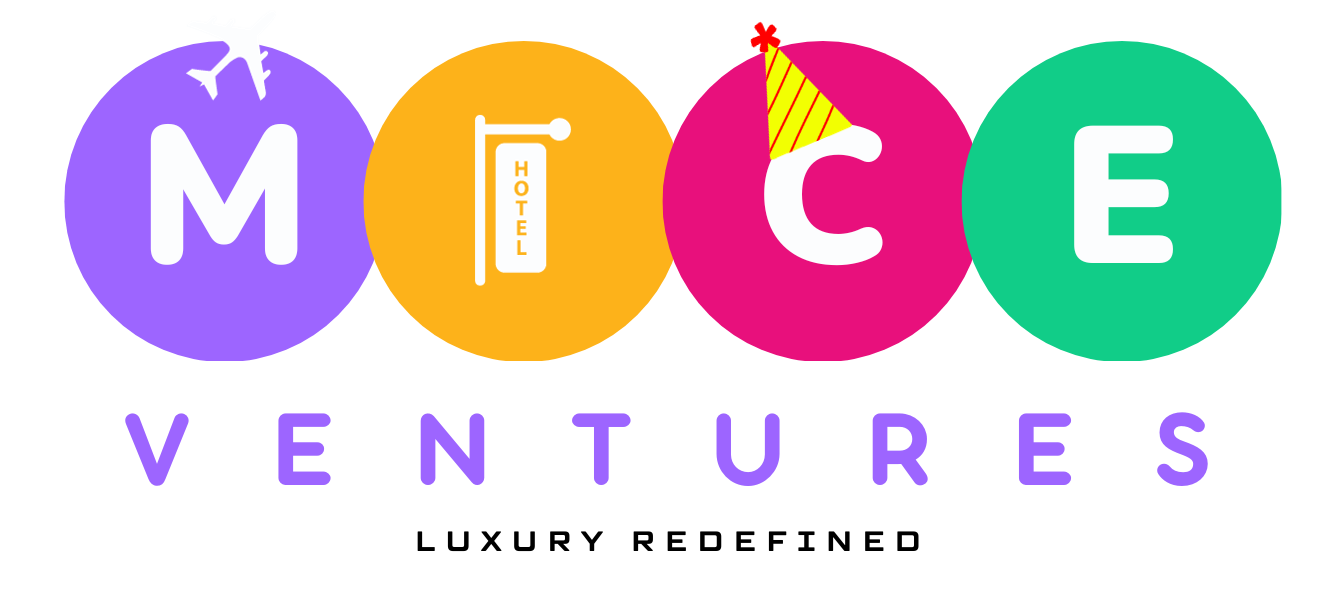Seminars
Seminars have long been recognized as a powerful platform for sharing knowledge, fostering learning, and connecting like-minded individuals. These events, often held in various industries and domains, bring together experts, enthusiasts, and novices to delve into a particular subject, discuss ideas, and gain valuable insights.
The Essence of Seminars
A seminar, in its essence, is a gathering of individuals with a shared interest in a specific topic or field. Unlike large conferences, seminars typically feature a more intimate setting, allowing for in-depth discussions and interactions. The format often involves one or more speakers who present on a particular subject, followed by open discussions, Q&A sessions, and sometimes hands-on workshops. This structure encourages active participation and fosters a sense of community among attendees.
Knowledge Sharing
One of the primary goals of seminars is to facilitate the sharing of knowledge and expertise. Experts in a given field are invited to share their insights, research findings, and experiences with the audience. This direct transfer of knowledge empowers attendees to stay updated with the latest developments in their industry or area of interest. Whether it’s a seminar on technology trends, medical breakthroughs, or business strategies, participants gain access to valuable information that can shape their careers or businesses.
Networking Opportunities
Seminars offer unparalleled networking opportunities. Attendees often come from diverse backgrounds, and the shared interest in the seminar’s topic serves as an excellent icebreaker for conversations. These events provide a platform for professionals to connect, exchange ideas, and build meaningful relationships. Networking can lead to collaborations, partnerships, and even job opportunities, making seminars a fertile ground for personal and professional growth.
In-Depth Discussions
Unlike brief presentations at conferences, seminars allow for in-depth discussions on specific subjects. Attendees have the chance to ask questions, seek clarifications, and engage in meaningful dialogues with speakers and fellow participants. This exchange of ideas can lead to new perspectives, innovative solutions, and a deeper understanding of the seminar’s theme. The interactive nature of seminars encourages critical thinking and problem-solving.
Skill Enhancement
Many seminars include hands-on workshops or practical sessions where attendees can acquire or enhance specific skills. Whether it’s learning a new software tool, mastering a culinary technique, or practicing a musical instrument, these skill-building opportunities add a practical dimension to seminars. Participants leave with tangible skills that they can apply in their personal or professional lives.
A Catalyst for Innovation
Seminars often serve as catalysts for innovation. The cross-pollination of ideas, the exposure to diverse viewpoints, and the collaborative spirit that permeates these events can spark new concepts and innovations. Many groundbreaking discoveries and inventions have their origins in discussions that took place during seminars. By fostering an environment of creativity and exploration, seminars contribute significantly to advancing various fields.
Accessibility and Inclusivity
One of the remarkable aspects of seminars in the digital age is their accessibility and inclusivity. Thanks to technology, seminars can be conducted online, reaching a global audience. This inclusivity allows individuals from different geographical locations and backgrounds to participate in discussions and gain knowledge. Virtual seminars also offer the flexibility of attending events without the need for extensive travel.
Building a Seminar-Focused Event Website
For event organizers, integrating seminars into their event websites is a strategic move. Here are some key considerations when building a seminar-focused event website:
User-Friendly Registration: Ensure that the registration process for seminars is straightforward and user-friendly. Include options for online registration and payment processing.
Detailed Seminar Listings: Provide comprehensive information about each seminar, including the topic, speakers, schedule, and location (if applicable).
Interactive Features: Incorporate interactive features such as live chat during online seminars, discussion forums, and Q&A sessions.
Resource Hub: Create a resource hub where seminar materials, presentations, and recordings can be accessed by registered participants.
Networking Tools: Implement networking tools that allow attendees to connect with each other and with speakers, fostering a sense of community.
Feedback Mechanism: Collect feedback from participants to continuously improve the quality of seminars and the overall event experience.
Promotion and Marketing: Promote seminars effectively through your event website, social media channels, and email marketing to attract a diverse audience.
Accessibility: Ensure that your event website is accessible to individuals with disabilities, allowing all interested parties to participate fully.
